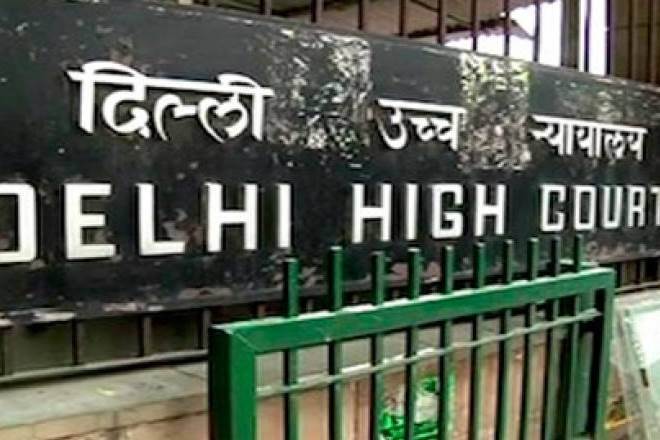In Delhi, the builders accused of playing the con game to dupe thousands of homebuyers and investors shall face multiple prosecutions based on individual complaints by the victims. The builders may be awarded with long term prison.
The Delhi High Court stopped the practice of the Delhi Police (mostly EOW and crime branch) of filing a single FIR for all the investors and the house buyers who have been duped by the builders in a Landmark case. In such cases many people are left on the edge if one of them is willing to settle with the builders or withdraw the case. The court made it clear that the police “cannot amalgamate the separate offences investigated under separate FIRs, into one charge sheet”, as is the current practice.
“Clearly erroneous and not sustainable in law” the practice “of registering a single FIR on the basis of the complaint of one of the complainants/ victims, and of treating the other complainants/victims merely as witnesses” was termed by a bench of Justices Vipin Sanghi and I S Mehta
The Court said that it “raises very serious issues with regard to deprivation of rights of such complainants to pursue their complaints, and to ensure that the culprits are brought to justice.”
Spelling out the law in this regard, HC was categorical that in a case of inducement, allurement and cheating of a large number of investors/ depositors,
The law was clearly told by the High Court that in a case of inducement, allurement and cheating of a large number of investors/ depositors, “each deposit by an investor constitutes a separate and individual transaction” and acknowledged that “all such transactions cannot be amalgamated and clubbed into a single FIR by showing one investor as the complainant, and others as witnesses.”
The court observed “In respect of each such transaction, it is imperative for the state to register a separate FIR if the complainant discloses commission of a cognisable offence”.
The court asked to file separate FIRs for all the victims even though the EOW argued that commission of multiple acts did not require the registration of separate FIRs for each victim.
The High Court in the verdict emphasised that such a procedure denies other victims the right to “oppose, or to seek cancellation of bail that the accused may seek in relation to their particular transaction.”
A case involving 1,852 different victims cheated in a ponzi scheme which was handled by the additional district and sessions Judge Kamini Lau was referred by the court.
The High Court also held that a limit on the quantum of sentence imposed by the CrPC will not be applicable in these cases, where an economic offender faces multiple trials that result in more than one conviction. In consecutive prison time the second term only begins only when the first term is completed making the punishment much harsher.
Courtesy/By: Shravani Sharma
|
15 Jul 2019

